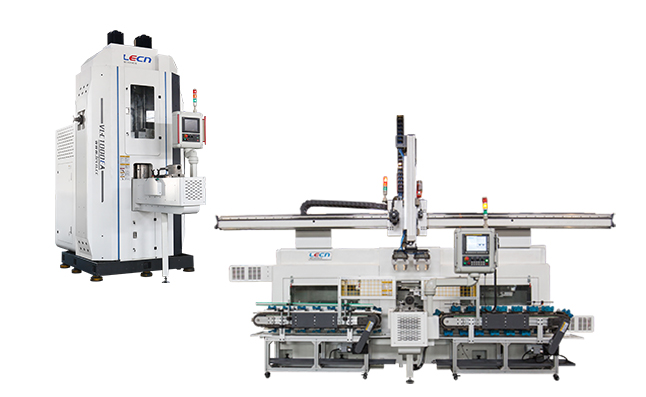How to Choose the Right Rolling Machine?
Selecting the appropriate rolling machine is crucial for maximizing productivity and achieving the desired results in your manufacturing processes. With numerous options available in the market, it can be overwhelming to make the right choice. However, at LECN, we are here to guide you through the process and help you choose the perfect rolling machine for your specific needs.

1. Identify Your Requirements
The first step in choosing the right rolling machine is to clearly identify your requirements and objectives. Consider the following factors:
a. Material Type and Thickness
Determine the type of materials you will be working with and their thickness. Different rolling machines are designed to handle various materials, so ensure that the machine you select is suitable for your specific material requirements.
b. Production Volume
Assess your production volume and capacity needs. If you have high production demands, you will need a rolling machine that can operate at higher speeds and handle larger quantities.
c. Profile Complexity
Consider the complexity of the profiles you need to create. Some rolling machines are better suited for simple shapes, while others offer more versatility for intricate profiles.
d. Budget
Establish a budget for your rolling machine investment. While it's essential to find a machine that meets your needs, it's equally important to stay within your budget constraints.
2. Research Different Types of Rolling Machines
There are various types of rolling machines available, each designed for specific applications. Here are some common types:
a. Two-Roll Machines
These machines have two rolls that rotate in opposite directions, bending the material as it passes through. They are suitable for simple profiles and are often used in industries with lower production requirements.
b. Three-Roll Machines
Three-roll machines have three rolls, two of which are driven and one that is idle. They offer better control and can handle more complex profiles compared to two-roll machines.
c. Four-Roll Machines
Four-roll machines provide even more precision and versatility in profile bending. They are ideal for demanding applications that require high accuracy and consistency.
3. Evaluate Machine Features
When comparing different rolling machines, pay attention to their features and specifications:
a. Power and Speed
Check the power and speed ratings of the machine to ensure they align with your production requirements. A more powerful machine can handle thicker materials and higher production volumes.
b. Roll Diameter and Length
Consider the diameter and length of the rolls. Larger rolls can accommodate wider materials and offer better bending control.
c. Control System
A user-friendly control system is essential for efficient operation. Look for machines with intuitive interfaces and advanced automation features for ease of use.
d. Safety Features
Safety should be a top priority. Ensure the rolling machine has safety mechanisms and complies with relevant safety standards.
4. Quality and Reputation of the Manufacturer
Research the reputation of the manufacturer before making a decision. Look for companies with a proven track record of producing high-quality rolling machines and providing excellent customer support.
5. Seek Expert Advice
If you are uncertain about which rolling machine is best suited for your needs, don't hesitate to seek expert advice. Reach out to our knowledgeable team and we will be more than happy to assist you in making the right choice.
Conclusion
Selecting the right rolling machine is a critical decision that can significantly impact your manufacturing processes. By identifying your specific requirements, researching different types of rolling machines, evaluating features, considering the manufacturer's reputation, and seeking expert advice, you can make an informed and confident decision.

